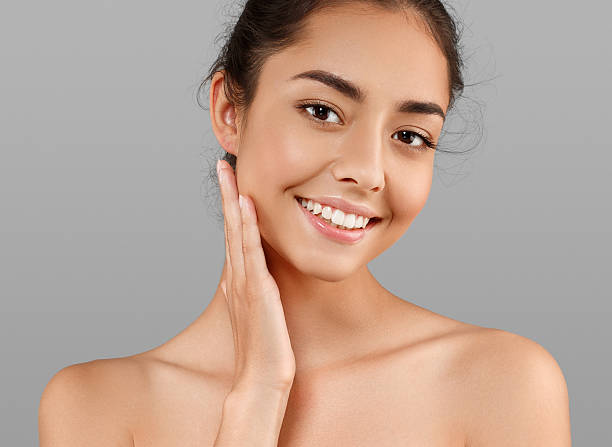
Skincare Myths Busted: Separating Fact from Fiction
In the realm of skincare, myths often circulate, leading to confusion and misinformation about what’s best for our skin. Let’s debunk some common skincare myths to help you navigate through the plethora of advice and separate fact from fiction.
Myth 1: Natural Ingredients are Always Better
Fact: Natural Isn’t Always Superior
While natural ingredients can be beneficial, not all synthetic or chemical compounds are harmful. Many skincare products combine both natural and lab-derived ingredients, formulated for efficacy and stability. Safety and suitability for your skin type matter more than whether an ingredient is natural or synthetic.
Myth 2: Higher SPF Means Better Protection
Fact: SPF Indicates UVB Protection, Not Overall Protection
SPF (Sun Protection Factor) primarily measures protection against UVB rays that cause sunburn but doesn’t fully indicate UVA protection. Look for “broad-spectrum” sunscreen that shields against both UVA and UVB rays. Moreover, reapplication and proper application matter more than just the SPF number.
Myth 3: Oily Skin Doesn’t Need Moisturizer
Fact: All Skin Types Need Moisture
Even oily skin requires hydration. Skipping moisturizer can lead to dehydration, prompting the skin to produce more oil to compensate. Opt for lightweight, oil-free moisturizers suited for oily skin to maintain balance without clogging pores.
Myth 4: Acne-Prone Skin Should Avoid Oils
Fact: Some Oils Can Benefit Acne-Prone Skin
Certain oils like tea tree oil, jojoba oil, or rosehip oil possess antibacterial and anti-inflammatory properties, suitable for acne-prone skin. However, not all oils are equal, and using comedogenic oils may exacerbate acne.
Myth 5: Exfoliating Daily is Better for Skin
Fact: Over-Exfoliation Can Damage Skin
Exfoliation helps remove dead skin cells, but doing it excessively can strip away the skin’s protective barrier, leading to irritation, sensitivity, and increased risk of breakouts. Stick to exfoliating 2-3 times a week to avoid overdoing it.
Myth 6: Skincare Products Need to Tingle or Burn to Work
Fact: Sensations Don’t Indicate Effectiveness
Sensations like tingling or burning don’t equate to efficacy. Such sensations might indicate irritation or sensitivity to certain ingredients. Effective products can work without causing discomfort.
Myth 7: You Can Shrink Pores Permanently
Fact: Pore Size is Genetic; You Can Only Minimize Their Appearance
Pore size is determined by genetics, and you can’t permanently shrink pores. However, you can minimize their appearance through proper skincare, like cleansing, exfoliating, and using products that contain ingredients like retinoids and niacinamide.
Myth 8: You Don’t Need Sunscreen on Cloudy Days
Fact: UV Rays Penetrate Clouds
Clouds don’t fully block UV rays. They can still penetrate and cause skin damage, leading to sunburn or premature aging. Wear sunscreen daily, irrespective of weather conditions.
Myth 9: DIY Skincare is Always Safe
Fact: DIY May Not Always Be Safe or Effective
While homemade skincare recipes can be fun, they may not undergo stability or safety testing. Ingredients used improperly or in incorrect concentrations can irritate or damage the skin. Opt for proven, reputable skincare products.
Myth 10: Skincare Products Work Instantly
Fact: Skincare Takes Time to Show Results
Most skincare products require consistent use over time to show visible improvements. Don’t expect instant results; patience and consistency are key for noticeable changes in skin texture, tone, or appearance.
Conclusion
Skincare myths can perpetuate misconceptions, leading to ineffective routines or skincare choices. Understanding the truth behind these myths allows for a more informed approach to skincare. Tailor your routine based on your skin’s needs, use products that suit your skin type, and rely on factual information to achieve healthier, radiant skin. Don’t fall for the myths; instead, focus on science-backed skincare practices for optimal skin health and wellbeing.





